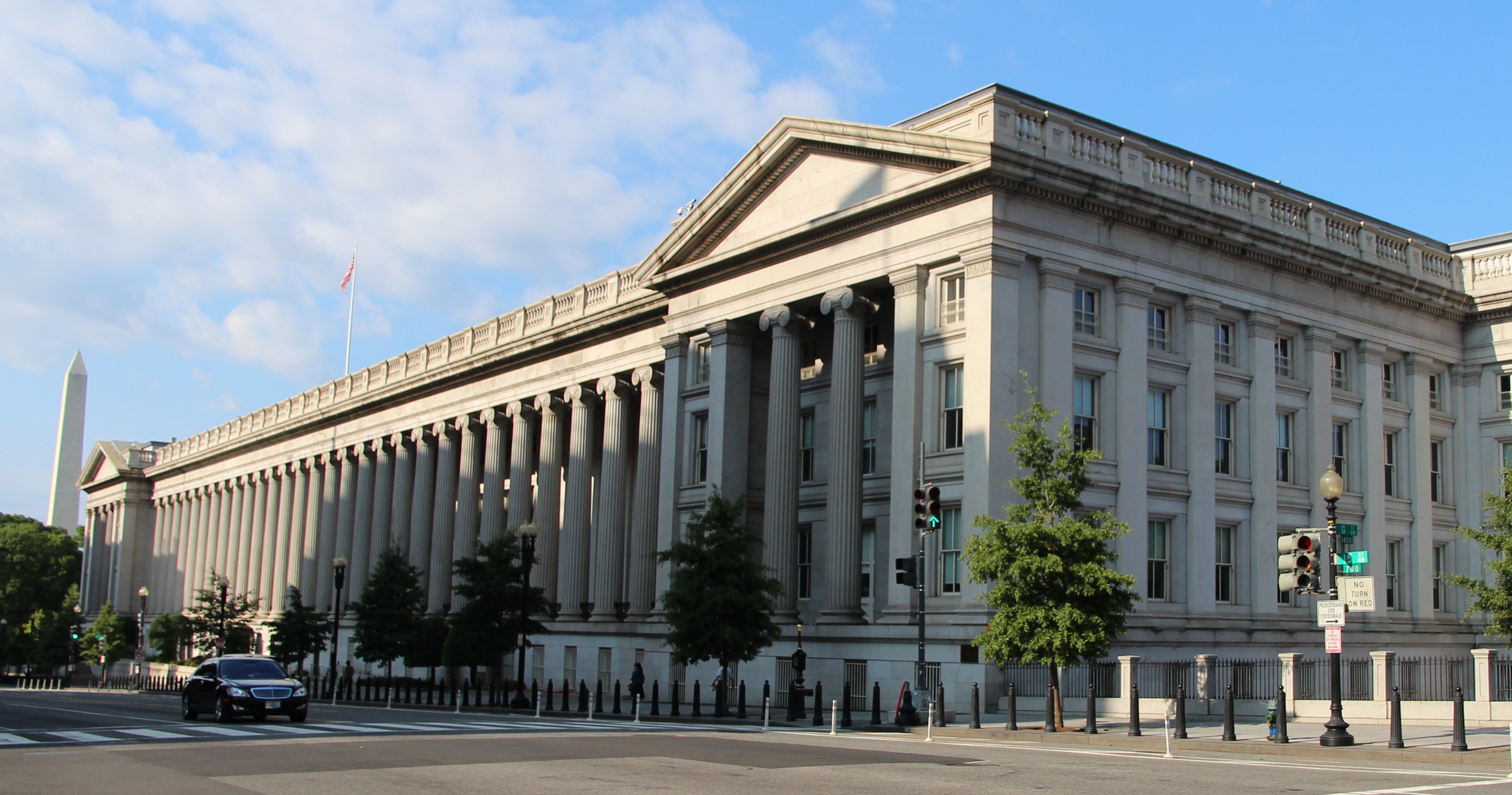So much has been written recently about America’s 113th Congress. More specifically, so much has been written about a government shutdown, the product of an eerie mixture of Tea Party fringism and potential political suicide on behalf of the American right. On October 17th, Congress will again rile themselves up as the second of two crises flares within as many months. That is the date, according to Treasury Secretary Jack Lew, that the government will reach the debt ceiling, a limit that was painfully increased in 2011 and again earlier this year.
The domestic consequences of a government shutdown are widespread and sharp, as would be the failure of Congress to approve an elevated debt ceiling. Despite what one thinks about the necessity or validity of such a ceiling, the coming blockade in Congress, as the shutdown talks or recent history must foreshadow, will be painful for all involved – including, of course, the American public.
Such effects are magnified when one expands Congress’ scope of influence to include the international sphere – or, in other words, many of the holders of U.S. debt. As much as it might seem (or as much as the world might want), Congress does not operate in a vacuum, even when dealing with supposedly domestic-level issues. Markets are more interconnected now than they have ever been before, and policy decisions, or indecision, made in Washington ripple through global channels like wildfire. What has always been such a flight to quality might quickly become a liability. U.S. debt securities have long been a safe haven for the rest of the world, a remarkably reliable means of investment. As we stand today, the amount of U.S. debt held by foreigners numbers over $5.5 trillion.
Many of these debt obligations would not really be affected in the immediate short run. But among those that would be (say, securities that pay around the middle of October), rates might rocket upwards. The biggest case against this fear is that, surprisingly, even with the debt limit looming, such bills still carry negative rates. If the market is any indicator (and it often is the best one), little danger lies ahead. Not only are rates low, but lenders are still willing to pay the American government in order to hold U.S. debt. This might be due to a host of other factors — potential lenders believing the Treasury might slash bond sales in response to the crisis, for one — but it’s nonetheless an important phenomenon. It will be interesting to see how global sentiments change as we approach the October 17th deadline.
Failure of Congress to pass debt ceiling legislation does not necessarily equate to default. Currently, one might predict two scenarios: a legislative increase in the debt ceiling before the deadline, or executive action or order on behalf of the Obama administration to prioritize debt payments, if that can even be done. Such an order to raise the ceiling, as was mentioned by Bill Clinton in during the 2011 crisis, is an entirely conceivable, if not unlikely, response from the Obama administration. The administration has repeatedly denied that they will issue such an order; their tune might change come the deadline. If it does occur, a funding battle might ensue between domestic programs on the one hand, and payments to foreign creditors on the other.
Though it pains me to no end to quote him, I feel the most fitting words for the debt ceiling situation, as noted by The Atlantic, come from the peculiar (read: twisted) mind of Donald Rumsfeld. The precise effects of a failure to increase the debt limit? A “known unknown.” What does seem certain is that which is most obvious: in the absence of debt limit legislation, global markets will react negatively towards America. The once golden “full faith and credit of the U.S. government” will be, however gradually, dissolved amidst partisan angst and the fight over Obamacare. It’s a danger that no one wants to witness realized — not the American public, not even the Congress themselves, and certainly, perhaps least of all, the rest of the world.
Image Credit: Rchuon24, United States Treasury Building, CC BY-SA 3.0

A Domestic Debt Ceiling, a Global Problem. | Brown Political Review http://t.co/srWNYuVwiN